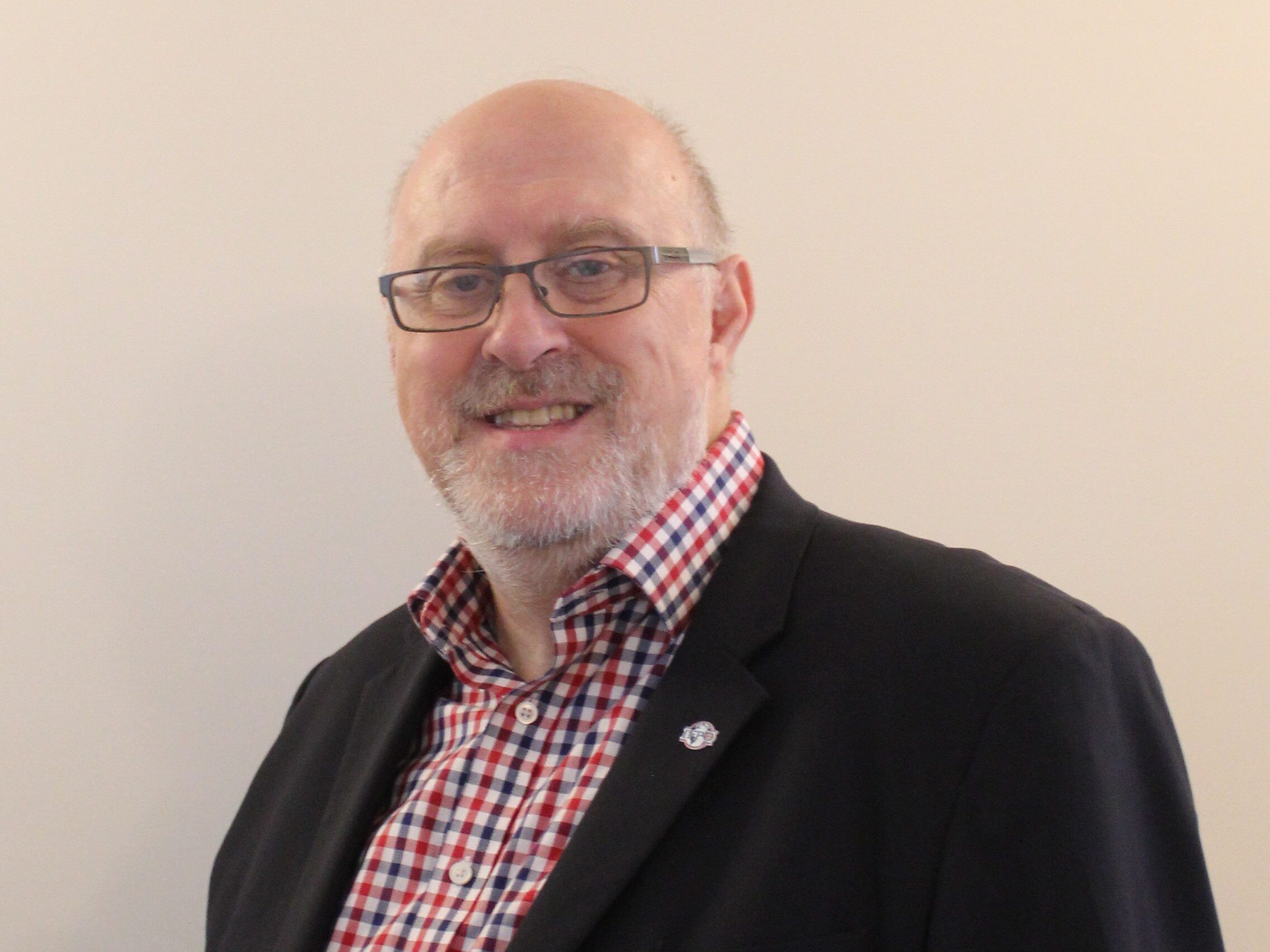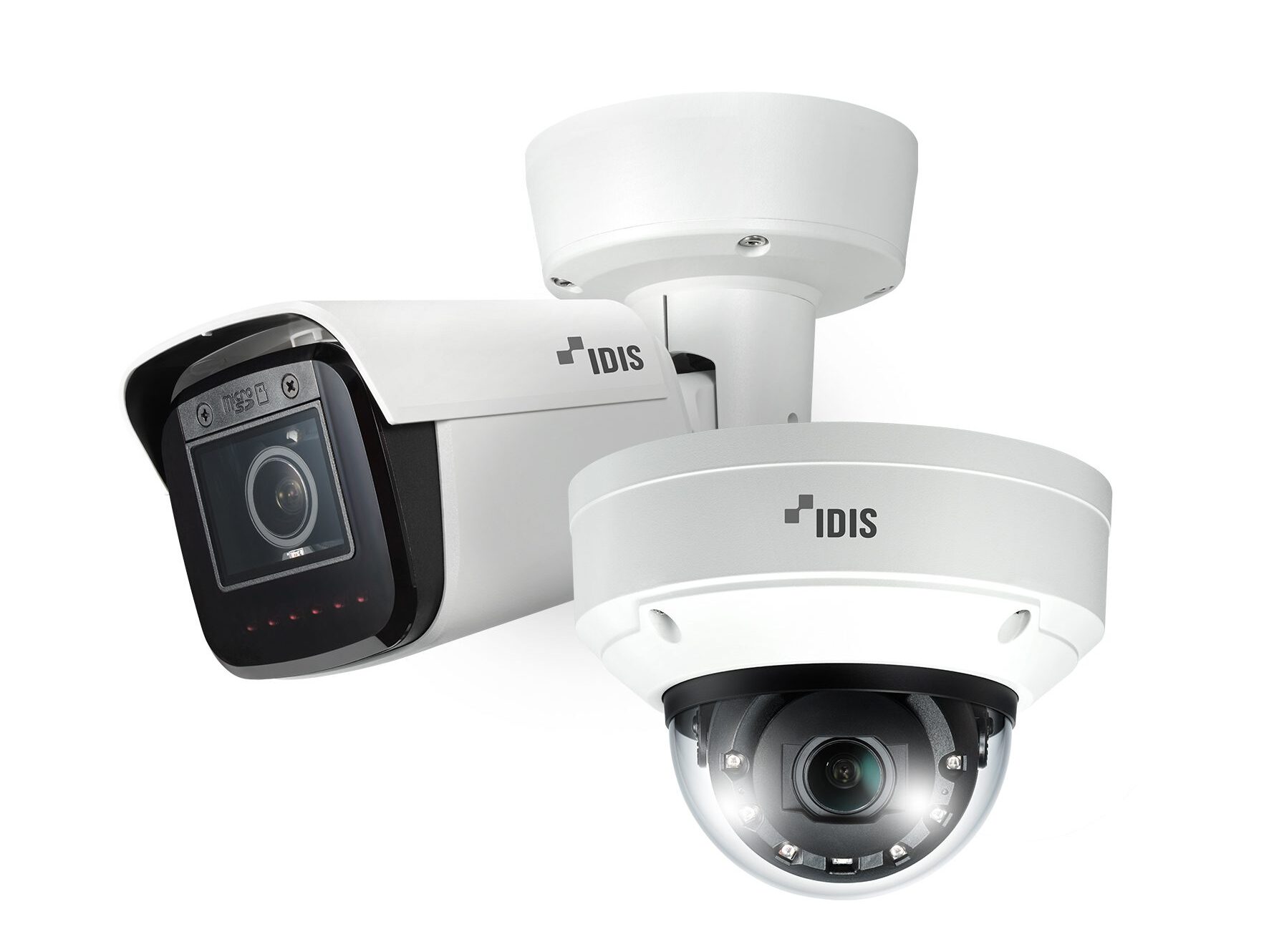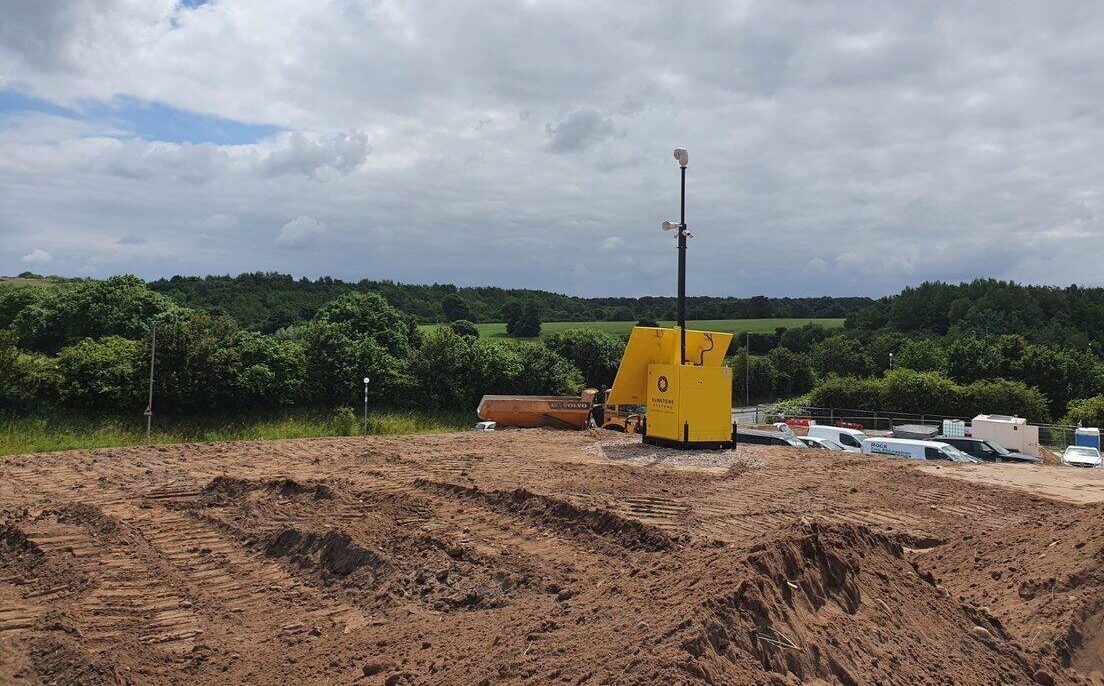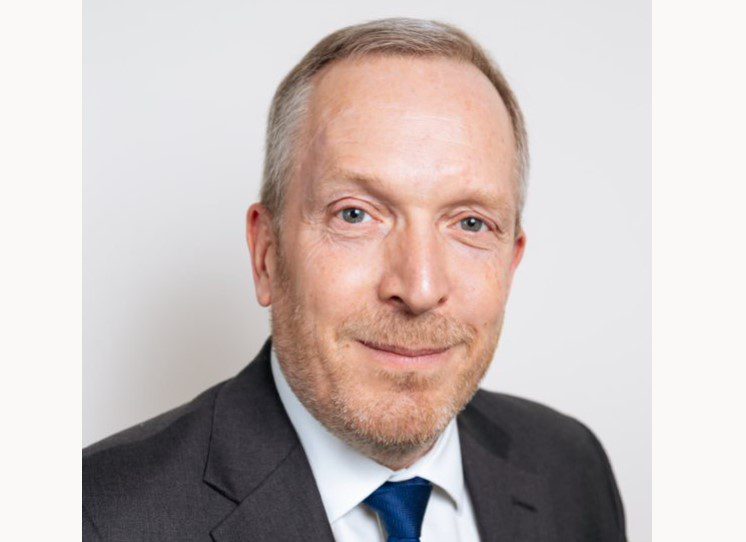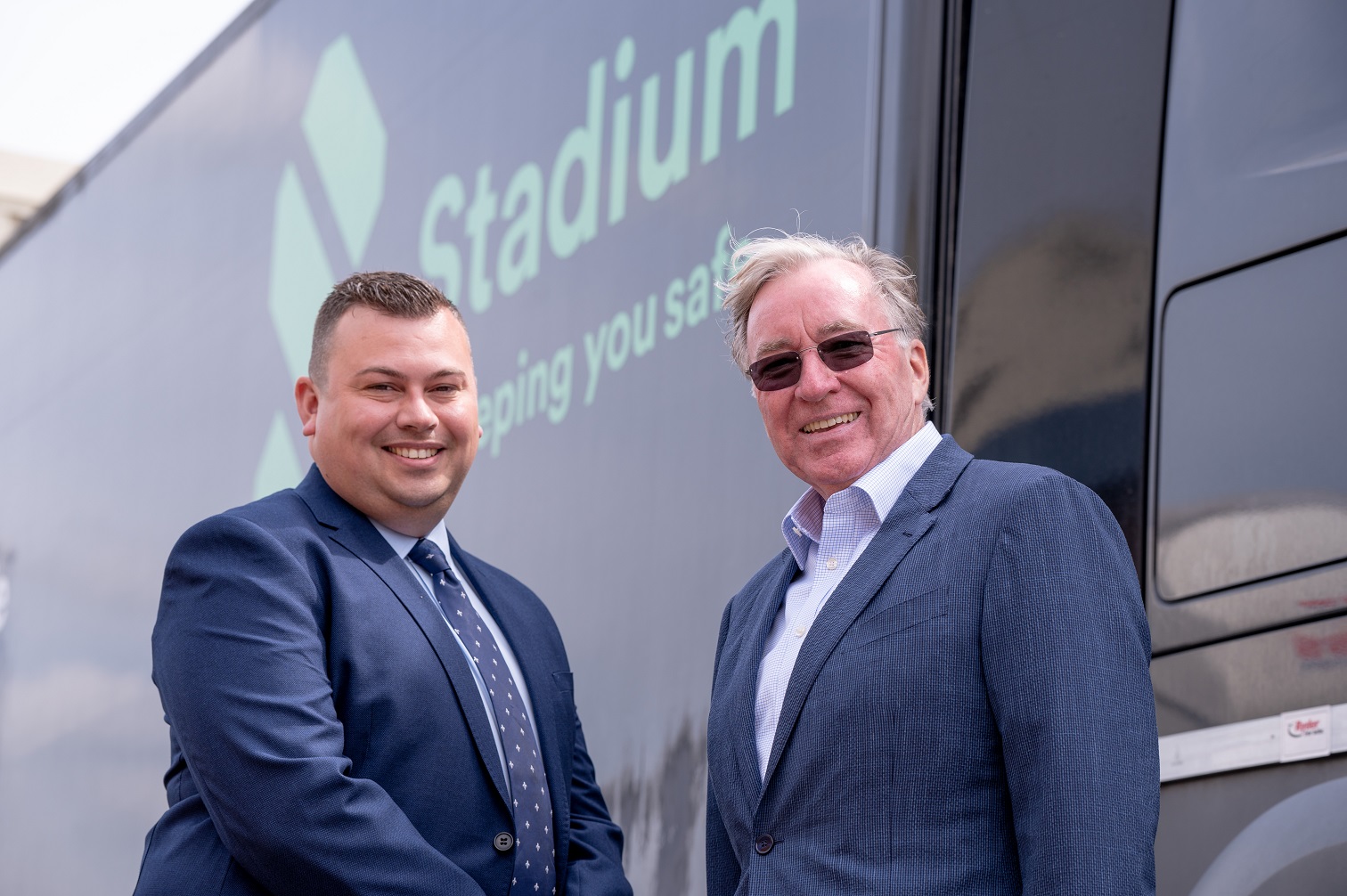
Just how much money spent by councils on CCTV has been overstated by Big Brother Watch in its recently released report, “The Price of Privacy”.
In the report, Big Brother Watch claimed that councils spent £515 million over four years on CCTV cameras.
However, we have uncovered enough examples of differences between the figures submitted by councils and the numbers that were published by Big Brother Watch to call into question the results of the study.
The error first came to light during a radio interview with Cllr Peter Gruen and myself on BBC Radio Leeds.
Gruen complained that the figures which Leeds council had submitted were grossly inflated by Big Brother Watch. Big Brother Watch claimed that Leeds had spent £8.7 million over four years on CCTV whereas the figures submitted by Leeds added up to £5.2 million.
Gruen said the difference in the two figures was unexplainable.
Nick Pickles, a director of Big Brother Watch, stands by the figures, claiming that Leeds has got its own figures wrong.
Misreported
However, we questioned 18 councils by email and had eight responses from CCTV managers who said their answers to Big Brother Watch’s FOI request had also been misreported.
- North Warwickshire Borough Council – “Big Brother Watch has inflated our costs by about 120% to arrive their figure! I have no idea how they have arrived at this from the budget costs we supplied. Their methodology explanation doesn’t enlighten me either!”
- London Borough of Barking and Dagenham – Big Brother Watch double counted the salary costs to arrive at a figure that was grossly inflated.
- Chelmsford – Big Brother Watch report says they have 5 cameras – correct figure, as given in the FOI request, is 315.
- Kingston upon Thames – Unable to separate out CCTV monitoring from all the other services we provide from our control centre – no mention of the qualification that Kingston submitted with their FOI request.
- Warwick District Council – “This has over inflated the actual cost at just over a million pounds.” Big Brother Watch added £1 million staffing costs to the total costs of running the system to arrive at £2.5 million figure. True figure is closer to £1.5 million.
- Tamworth – Overstated cost of system by more than £1.2 million.
- Newark and Sherwood – Big Brother Watch overstated expenditure by more than £700,000. They also didn’t take into account what the cameras were being used for, for instance some of the cameras are for internal security.
- Bristol – “I specifically stated in the FOI reply that we are a self-funding, multi-functional control room and that I was unable to partition staff costs relating to the CCTV element of our functions from the remainder of the functions we provide. Figures were published with no cognisance of this or to the fact that we are a cost neutral service.”
CCTV managers also took issue with Big Brother Watch’s interpretation of the information which had been supplied to them.

One manager wrote: “I worked out my CCTV running costs are around 25p per camera per hour and you cant even get a cup of tea for that let alone a PC walking the beat as they state we are replacing! Since when did Local Authorities pay for police salaries in any case? What an absurd comparison to make…”
Another wrote: “My main complaint at the moment is that they continue to present ‘facts’ and figures which everyone knows are old and have been superseded by better and more accurate information. For example, the report still refers to 4.2m cameras, which has been superseded by Graeme Gerrard’s recent research, which was done using a much more credible method of calculation.”
And another said: “I am pleased to see that Big Brother Watch are all in favour of cameras at airports, docks and military locations. I presume this is to prevent terrorist attacks – we all know that terrorist bombs don’t go off in town centres or train stations. Then again, the locations mentioned by Big Brother Watch are patrolled by armed police officers or soldiers… maybe they want armed officers to patrol our town centres?”
Multi-function control rooms
Many CCTV managers said that Big Brother Watch failed to acknowledge the other functions performed by CCTV control rooms including out-of-hours call answering, social alarms for the elderly and vulnerable and intruder alarm monitoring.
Other councils complained that Big Brother Watch failed to take account of the revenue that their systems generated through the monitoring of third-party systems, eg the councils that monitor CCTV systems at commercial sites for which they get paid or the school security systems that are monitored out of hours.
From the time it was published, the Big Brother Watch report has been called into question. Quoting discredited and out of date statistics, the report claims that the money spent on CCTV would be better spent on employing more police officers.
The report quotes the McCahill and Norris figure of 4.2 million cameras (2002), rather than the more up to date figure of 1.85 million CCTV cameras in the UK which was released last year (see CCTV Image Winter 2011 – available to download at www.securitynewsdesk.com/?p=1966).
It then goes on to claim that the average person is viewed 300 times a day on CCTV – a figure that even its author admits was based on a hypothetical and improbable journey around London. For the record, ACPO’s figure was closer to 70 times a day.
The 2 per cent solution
Big Brother Watch claims that £515m would put an extra 4,121 police constables on the streets – the equivalent of Northumbria police’s entire force. “There is no credible evidence that more cameras will reduce crime, yet councils have poured enough money into CCTV in just four years that would have put more than four thousand extra police officers on the streets,” Pickles said.
However, to put Big Brother Watch’s figures in context, 4,121 extra officers would represent a mere two per cent increase in manpower – at the price of not having CCTV.
In an interview with DCC Graeme Gerrard, he says that CCTV is the first port of call in major investigations as it will often yield vital clues such as identifying suspects and witnesses, determining the exact sequence of events (eg, who threw the first punch) and where suspects fled after the event.
In addition, a study by the Metropolitan Police in 2009 found that CCTV played a vital role in 7 out of 10 murder investigations in London.
Getting rid of CCTV to save money would be like doing away with fingerprints and DNA profiling.
Pickles admits that “Surveillance is an important tool in modern policing” but insists that it is treated as a substitute for police.
“In too many cities across the country every corner has a camera but only a few ever see a police officer. Despite millions of cameras, Britain’s crime rate is not significantly lower than comparable countries that do not have such a vast surveillance state,” he said.
Independent research shows that there is overwhelming public support for CCTV, with some 90 per cent of the public in favour of it and 82 per cent believing that it saves money for police and courts. Eighty per cent said it was not an infringement of their privacy and 71 per cent said it made them feel safer in public.
Big Brother Watch’s statistics were gathered through Freedom of Information requests and cover the period 1 April 2007 to 31 March 2011.
In the request, they asked for total costs of operating the system and then asked for staffing costs.
It would appear from examining their figures and talking to councils that Big Brother Watch has, in some instances, added total costs and staffing costs, effectively double counting the staff costs.
Asked about this, Pickles blamed the councils: “We rely on councils for the data to be accurate, and given the overwhelming majority have not complained about our figures it seems to me most have deduced that as we have asked for salary costs to be a separate answer from operation and maintenance, to not include that in the total operational cost. We are always happy to provide clarification on our requests if councils are unclear of what we are asking.”

